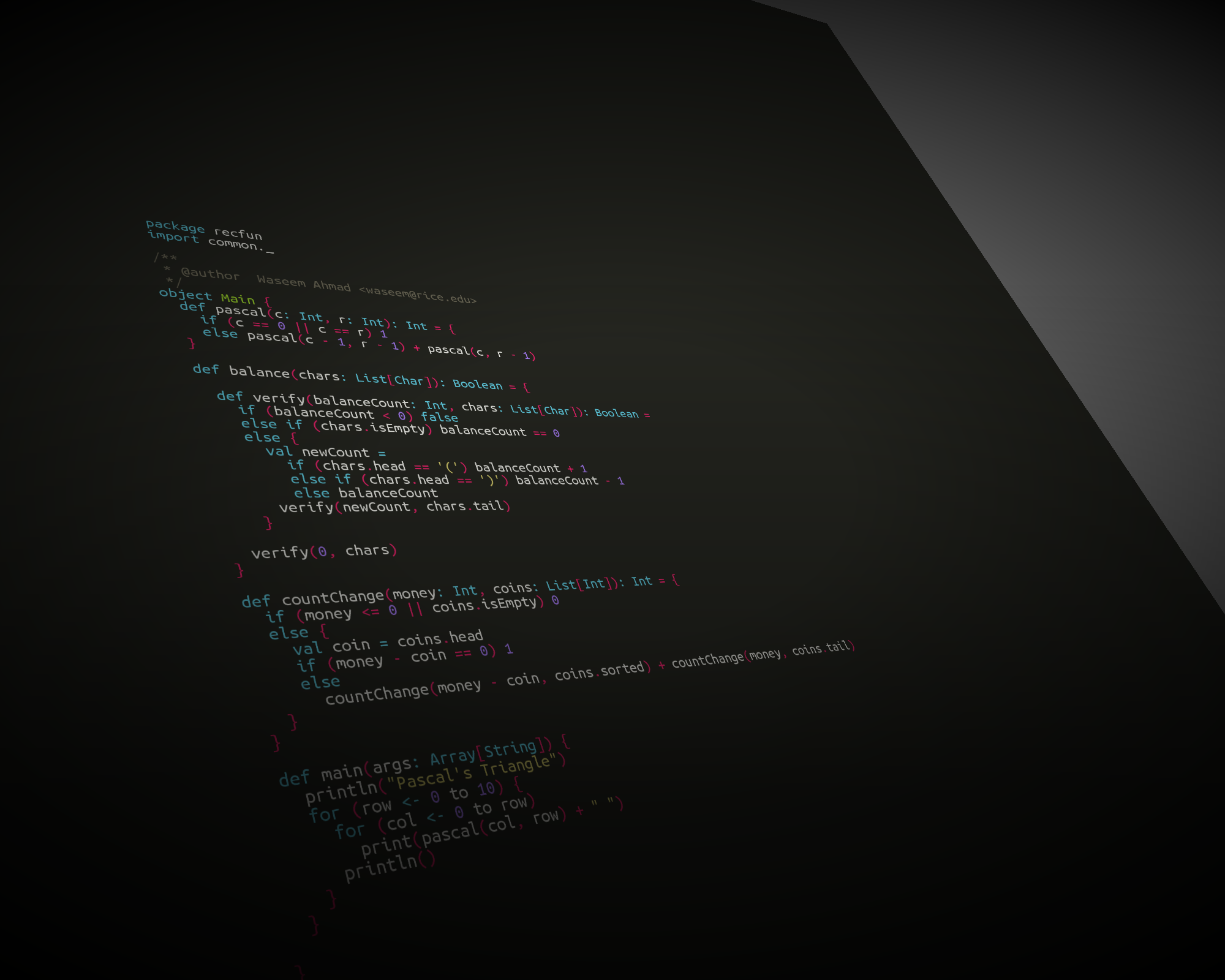



The B.Tech in Computer Science and Engineering program at KMCT Institute of Emerging Technology and Management, affiliated with APJ Abdul Kalam Technological University (KTU), was established in 2022 to meet the growing demand for skilled professionals in the tech industry. This program is designed to offer students a strong foundation in key computing areas, including programming, data structures, computer networks, algorithms, artificial intelligence, and more. The curriculum blends academic theory with hands-on experience, giving students practical exposure to emerging technologies and real-world applications.The program also offers an honors degree option for students seeking advanced knowledge and research experience. Emphasizing both technical and soft skills, it prepares students for emerging fields like machine learning, cybersecurity etc. ensuring they are industry-ready upon graduation.
With state-of-the-art facilities and a highly qualified faculty, KMCT IETM provides an environment conducive to innovation, critical thinking, and professional development. The program also encourages research and industry collaboration, ensuring students are well-prepared to tackle the challenges of the digital age and contribute to advancements in technology. Graduates of this program are equipped with the technical expertise and problem-solving skills needed to excel in a variety of roles within the fast-paced global tech industry.
Engineering Graduates will be able to:
| PEO No. | PEO Statements |
|---|---|
| PEO1 | To communicate effectively and function collaboratively in teams to become successful professionals in industry, government and academic research. |
| PEO2 | To develop and ability to analyze the requirements of the software, understand the technical specifications, design and provide the solutions for a product design. |
| PEO3 | To prepare the students for a successful career and work with values and social concern. |
Software Development Proficiency: Graduates will be able to design, develop, and implement robust software solutions by applying advanced programming skills, algorithms, and best practices in software engineering to meet industry standards and user requirements.
Emerging Technologies Expertise: Graduates will demonstrate expertise in cutting-edge technologies such as artificial intelligence, data science, and cloud computing, applying them to solve complex problems in diverse domains, driving innovation in the field of computer science and engineering.
2024 Scheme
2019 Scheme